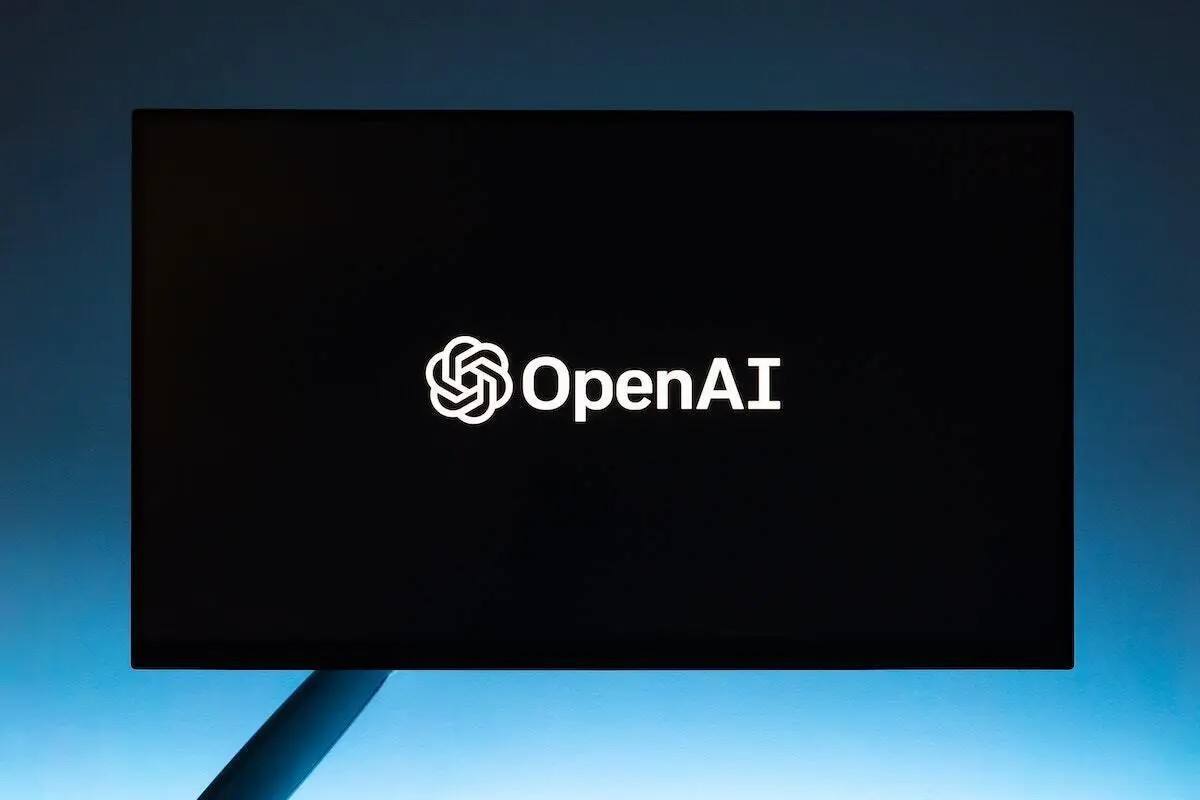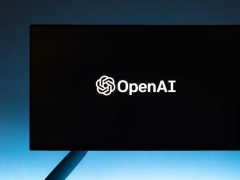As generative artificial intelligence (genAI) models are expected to become more compact to suit specific requirements and corporate budgets, many service providers are still strategizing their revenue approach around offering AI cloud services.
In his recent annual shareholder letter, Amazon CEO Andy Jassy outlined a shift in focus towards providing AI models as web services to enterprise clients rather than developing consumer-facing genAI applications.
Jassy highlighted the potential of generative AI as a significant pillar for Amazon's future growth, emphasizing the company's commitment to leveraging AWS as a platform for transformative AI solutions.
This strategic shift aligns with market projections, as organizations are planning to increase their investment in AI initiatives over the next 18 months, according to a survey by IDC.
Amazon has introduced Bedrock, a platform offering various large language models (LLMs) via AWS, catering to organizations seeking to develop genAI applications. Additionally, Amazon Q, a cloud-based AI-assisted coding assistant, has recently been launched.
Bedrock provides AI foundational models from AI21 Labs, Anthropic, Cohere, Meta, Mistral AI, Stability AI, as well as Amazon's own LLM, accessible through a unified API.
Among Amazon's AI cloud clients are notable names like ADP, Delta Air Lines, GoDaddy, Intuit, Pfizer, and Siemens.
Cloud computing currently dominates the delivery of genAI applications to enterprises due to the prohibitive cost of building proprietary infrastructure. Major players like Amazon Web Services, Google, IBM, Microsoft, and Oracle have made substantial investments in AI cloud offerings since the emergence of ChatGPT in November 2022.
According to Gartner analyst Avivah Litan, only hyperscalers and large enterprises can afford the significant costs associated with training and operating very large LLMs and foundation models.
While cloud services remain manageable for enterprises, escalating costs may become a concern as genAI application pilots expand. Consequently, many organizations are exploring the deployment of smaller, on-premises LLMs tailored for specific tasks.
Smaller, domain-specific models trained on extensive datasets are poised to challenge the dominance of leading LLMs such as OpenAI's GPT-4 and Meta AI's LLaMA 2. These smaller models offer easier customization for specific use cases, according to Dan Diasio, Ernst & Young's Global Artificial Intelligence Consulting Leader.
Despite the potential, Gartner Research warns that a significant portion of genAI projects may be abandoned post proof of concept (POC) due to various factors like poor data quality, escalating costs, or unclear business value.
Looking ahead, AI cloud services are expected to continue growing, facilitated by platforms like AWS Bedrock, Azure AI, and Google Cloud Vertex, which streamline access to AI capabilities.
While enterprises will still rely on major AI cloud providers for access to very large LLMs, the emergence of smaller LLMs running on less hardware signifies a shift towards more distributed AI infrastructure.
Overall, the future landscape of AI services will likely feature a blend of very large foundation model cloud services and smaller, private cloud services, catering to diverse enterprise needs and preferences.







